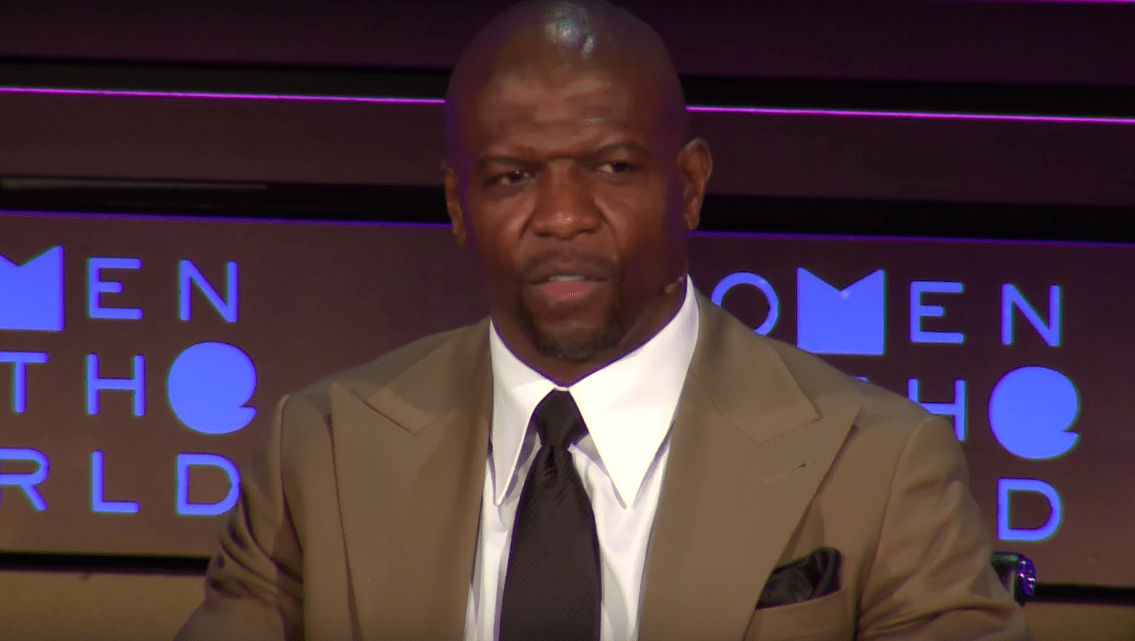
“Singleness is a gift!” That’s the running theory anyway, and it’s hard not to notice that it’s one usually only espoused by people who are not single. Most people generally agree that singleness isn’t exactly a curse or anything, but when you are single, it can be a little hard to get on board with the whole “singleness is a gift!” thing. You’re always being told that singleness is a great season, but a lot of people have a hard time telling you what’s so great about it.
So let’s break it down. If you’re single, you are in a position to work on your own self improvement in a way that married people aren’t. You’re able to really focus on becoming the sort of person you’d want to fall in love with, and that will be net positive for your life and your future whatever happens to your relationship status. The exact things you can work on definitely vary from person to person, but here are seven things that apply to all of us. None of these things, by themselves, make singleness into a “gift,” but taken together, they can help you create something good out of your relational space. (Rich Wilkerson Jr. and his wife DawnChere actually talk about this in-depth on our most recent episode of the Love & Money Podcast. Check it out here.)
You Can Work On Your Mental Health.
Mental health ought to be a lifelong pursuit, but it’s a pursuit worth kicking off early. The better you understand your own mental habits, the better equipped you’ll be to navigate a relationship. You’ll have a clearer picture of why and how you react to things the way you do, and you’ll be able to manage those reactions a lot better. Find a counselor in your area and get to work.
You Can Work On Your Financial Literacy.
Your financial wellbeing isn’t going to change when you get married. In fact, it’ll probably just get more complicated, which is why singleness is a great time to start learning about money. Set up some financial goals—no matter how minor—and work to meet them. Start putting a little bit of money aside. Learn about different types of retirement plans. No step forward is too small to be considered progress. Get started by using brightpeak’s tool, Together. It’ll give you tailored steps to get your financial house in order.
You Can Work On Your Physical Health.
Now, let’s be careful here. This is not a post about how you’re never gonna find someone if you don’t have meticulously definedtrapezius muscles. We’re not talking about molding yourself into a thirst trap so you can be worthy of love. No, this point is about your actual health: how you’re eating and taking care of your body. This is going to look a little different for everyone, but the goal here is really to start building good habits to help you live longer and better.
You Can Work On Your Spiritual Well-being.
Your spiritual life is going to evolve for the rest of your life (all healthy things grow over time) so the goal here isn’t to decide what you believe for sure and never waver from it, but start teaching yourself the tools for what a healthy spiritual life needs in order to grow. What communities do you want to be surrounded by? What authors and thinkers are going to influence you? How do you want to start living out the spiritual beliefs you think are important in the world around you? These sorts of things will determine a lot about who you are when you get married, and they’re worth spending some time on.
You Can Work On Your Friend Group.
There’s a stereotype about how friends tend to sort of vanish after the wedding. They get married and stop going out, meeting new people and investing in friendships. This is unfortunate because other friends are an important part of a healthy marriage, and the best way to combat it is to make sure you’ve got a solid friend group in place before you get married. Of course, making friends isn’t as simple as ordering them on Amazon (yet) but you can start going to book clubs, church groups and trivia nights in your area and get outside of your comfort zone. All the best romances have a healthy foundation of platonic—but treasured—friendships.
You Can Work On Your Life Goals.
We call them “life goals” because a lot of them take our whole lives to accomplish. But many life goals are much more feasible than we’d like to admit, though they do get a little more complicated after you get married. Married people have to balance each other’s goals, choosing what to do with a limited amount of time, money and energy. But when you’re single, the only goals you really have to concern yourself with are your own. If you want to direct that short movie, backpack across Spain or spend a year in New York City, being single is a great time to do it.






















